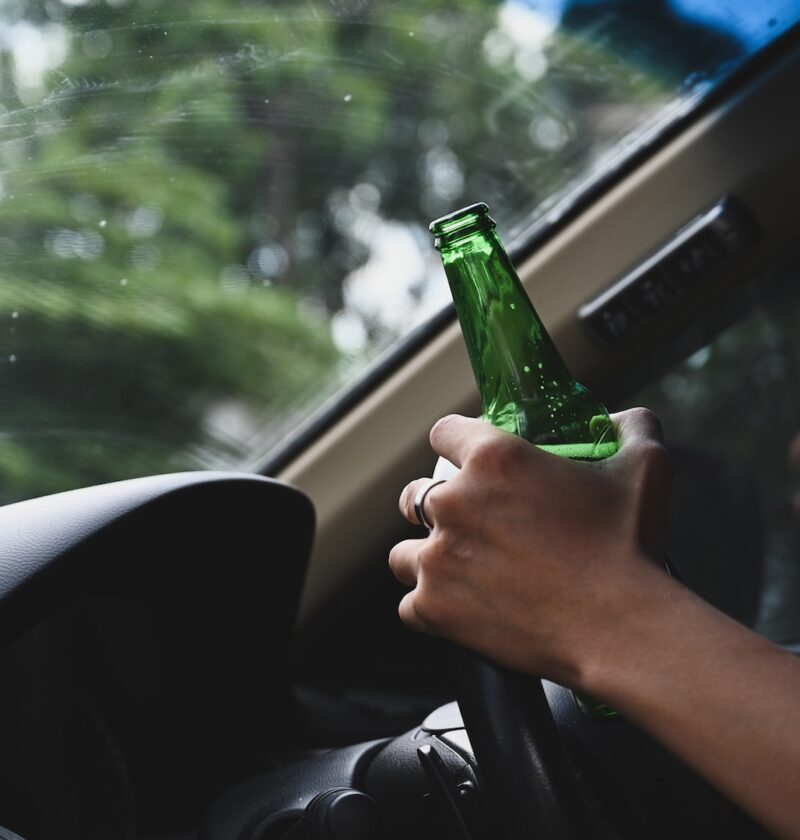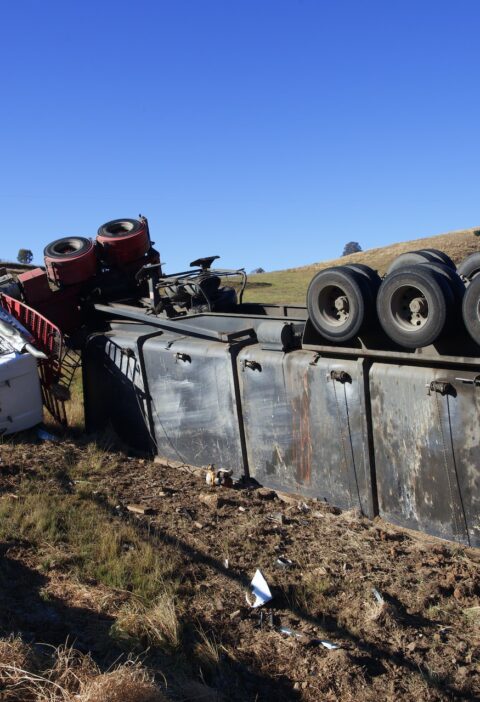In an effort to ensure public safety, New Jersey has implemented strict laws regarding driving under the influence (DUI). This is taken very seriously and can lead to severe consequences. As such, it is crucial to understand these laws and the legal processes involved if you ever find yourself facing a DUI charge.
Understanding DUI Laws in New Jersey
In New Jersey, the maximum legal blood alcohol concentration (BAC) is set at 0.08% for drivers aged 21 and above. For underage drivers, the BAC limit drops substantially to 0.01%, reflecting the state’s zero-tolerance policy for underage drinking and driving.
If you are suspected of DUI in New Jersey, law enforcement may request that you take a breathalyzer test or perform field sobriety tests. Refusing to cooperate may lead to serious repercussions, including the suspension of your driver’s license. It is imperative to understand your rights in such situations and seek legal advice if you are unsure how to proceed.
Penalties for DUI in New Jersey
The ramifications of a DUI charge in New Jersey can be severe, particularly for repeat offenders or those who cause significant harm while under the influence. For a first-time DUI offense, penalties may include fines between $250 and $500, a license suspension from three months to a year, and mandatory participation in an Intoxicated Driver Resource Center (IDRC) program for 12 to 48 hours. An ignition interlock device may also be required to be installed in your vehicle for a certain period of time.
Penalties escalate for subsequent DUI offenses. A second offense can lead to fines from $500 to $1,000, a two-year license suspension, community service, and mandatory attendance at an IDRC for 12 to 48 hours. Third and subsequent offenses can entail fines of $1,000, a 10-year license suspension, and potential jail time. It is critical to treat a DUI arrest with the seriousness it deserves and to seek legal representation to help navigate the legal process and potentially mitigate the consequences.
Steps to Take Following a DUI Arrest
So What to Do if You Get Pulled Over for a DUI? After a DUI arrest, several crucial steps should be taken to protect your rights and navigate the legal process. The first of these is consulting with an experienced DUI attorney. Such an attorney can guide you through the process, provide you with the best defense, analyze the evidence against you, and tailor a strong defense strategy to your specific circumstances.
In addition to securing legal representation, it is important to compile any evidence that may support your case. This can include witness testimonials, photographs or videos of the scene, or any other pertinent information that could potentially weaken the prosecution’s case against you.
Lastly, it is critical to comply with any court-ordered requirements, such as attending court hearings, completing DUI education and treatment programs, and paying fines or restitution. Failure to comply with these requirements can result in additional penalties and further complicate the process of reinstating your driver’s license.
Hiring a DUI Attorney
One of the most important steps you can take after a DUI arrest in New Jersey is to hire an experienced DUI attorney. A DUI attorney specializes in defending individuals charged with DUI and can provide you with the guidance and support needed throughout the legal process.
When selecting a DUI attorney, it is important to choose someone with extensive experience dealing with DUI cases in New Jersey. Look for an attorney who is knowledgeable about the state’s DUI laws, is familiar with local courts and prosecutors, and has a track record of successfully defending DUI cases.
Navigating the DMV Process
In addition to the legal process, individuals charged with a DUI in New Jersey must also navigate the administrative process through the Department of Motor Vehicles (DMV). The DMV process is separate from the criminal court proceedings and involves the suspension or revocation of your driver’s license.
Upon being arrested for a DUI in New Jersey, your driver’s license may be confiscated by the arresting officer, and you will be issued a temporary permit. You have a limited amount of time to request a hearing with the DMV to contest the suspension or revocation of your license. It is essential to request this hearing promptly, as failing to do so may result in an automatic suspension or revocation of your license.
Attending Court Hearings
After a DUI arrest in New Jersey, you will be required to attend court hearings as part of the legal process. The specific court hearings you will need to attend will depend on the circumstances of your case and whether you choose to plead guilty or contest the charges.
If you choose to plead guilty, you may be able to negotiate with the prosecutor for reduced charges or penalties. This could result in a lesser offense and potentially reduce the fines and other consequences associated with a DUI conviction.
If you decide to contest the charges, your case will proceed to trial. During the trial, both the prosecution and your defense attorney will present evidence, call witnesses, and make arguments to the judge or jury. The outcome of a DUI trial can vary depending on the strength of the evidence, the credibility of witnesses, and the skill of your defense attorney.
Completing DUI Education
As part of the consequences of a DUI conviction in New Jersey, individuals are often required to complete DUI education and treatment programs. These programs are designed to provide education and support to individuals who have been convicted of DUI and aim to prevent future offenses.
DUI education programs typically cover topics such as the effects of alcohol and drugs on driving, the legal consequences of a DUI conviction, and strategies for preventing impaired driving. Treatment programs, on the other hand, focus on addressing any underlying substance abuse issues that may have contributed to the DUI offense.
Reinstating Your Driver’s License After a DUI
After serving your suspension or revocation period, completing any required DUI education and treatment programs, and fulfilling any other court-ordered requirements, you may be eligible to reinstate your driver’s license in New Jersey. The process of reinstating your license can vary depending on the circumstances of your case and the specific requirements set by the DMV.
Conclusion
Navigating a DUI in New Jersey can be a complex and daunting process. Understanding the DUI laws, consequences, and essential steps to take after a DUI arrest is crucial for protecting your rights and achieving the best possible outcome for your case.
Hiring an experienced DUI attorney, navigating the DMV process, attending court hearings, completing required programs, and reinstating your driver’s license are all important steps in the journey towards putting a DUI behind you. By taking these steps seriously and seeking professional guidance, you can navigate the legal process with confidence and work towards moving forward.







